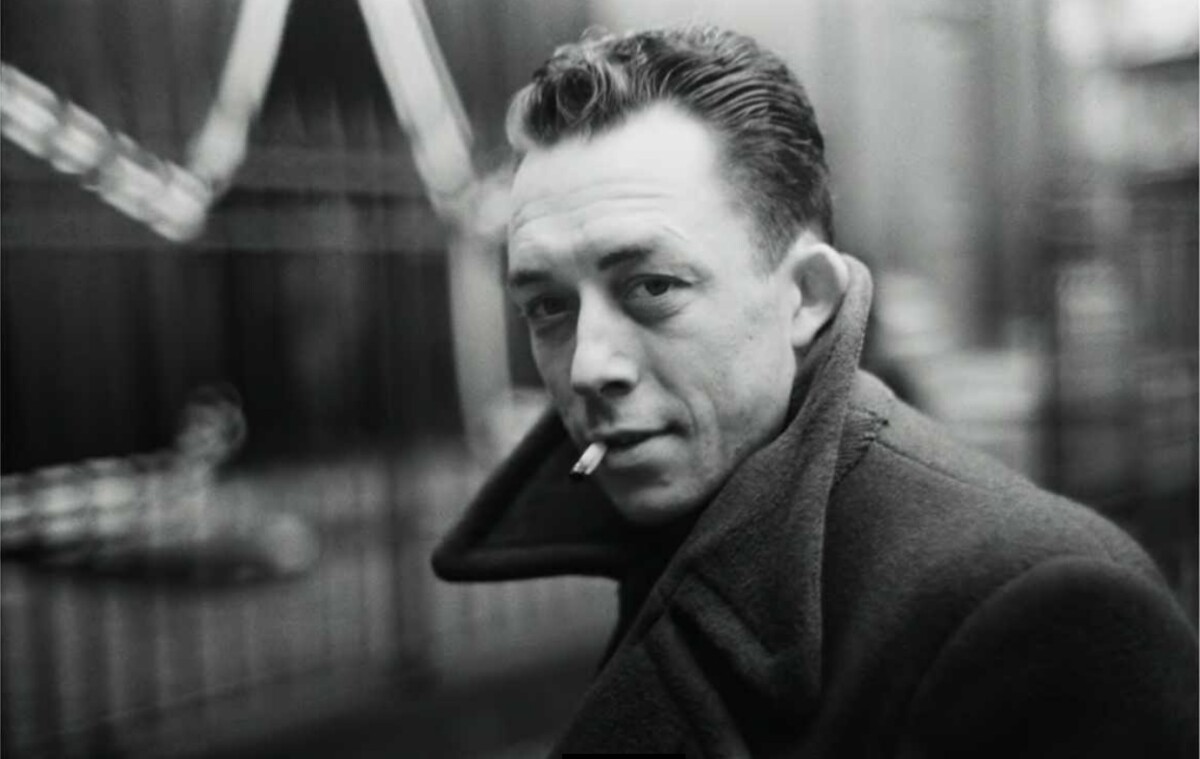Camus Albert
Albert Camus, laureate of the Nobel Prize (1957), French writer, philosopher was born on 7 Nobember, 1913 in the city of Mondovi, Algeria. He graduated from the Algeria University, Faculty of Philosophy. In 1936 he got the diploma of the Master in Philosophy.
Camus worked as an actor, playwright, director in the theatre, also political reviewer and editor in the newspaper “Algen Republicain”. In 1938 after moving to France, he worked in the newspaper “Aikas” till 1947. During the World War II he was an active member of the Resistance movement.
One of the issues of the literature and philosophical works of Camus was the fragility of life. According to Camus, human life – slow or quick approach. In that life the position, fame, wealth, generation, relatives, parents is the fragility.
Nothing and nobody are eternal. That’s why it is useless to start talks about the meaning of human life. Camus’ philosophical viewpoint resonates with existential thoughts.
The Myth of Sisyphus is a 1942 philosophical essay by Albert Camus. In the essay, Camus introduces his philosophy of the absurd, man's futile search for meaning, unity, and clarity in the face of an unintelligible world devoid of God and eternal truths or values. Does the realization of the absurd require suicide? Camus answers, No. It requires revolt. He then outlines several approaches to the absurd life. The final chapter compares the absurdity of man's life with the situation of Sisyphus, a figure of Greek mythology who was condemned to repeat forever the same meaningless task of pushing a boulder up a mountain, only to see it roll down again.
Albert Camus died on 4 January 1960 in the town of Villeblevin, France.
The main works of his are:
— the tale “The Stranger” (1942),
— philosophical essay “The Myth of Sisyphus” (1942), its staging “The Misunderstanding” (1942) and “Caligula” (1944),
— “The Rebel” (1951),
— “The Fall” (1956),
— the collection of tales “Exile and the Kingdom” (1957),
— the novel “A Happy Death” (1971).
Share:









